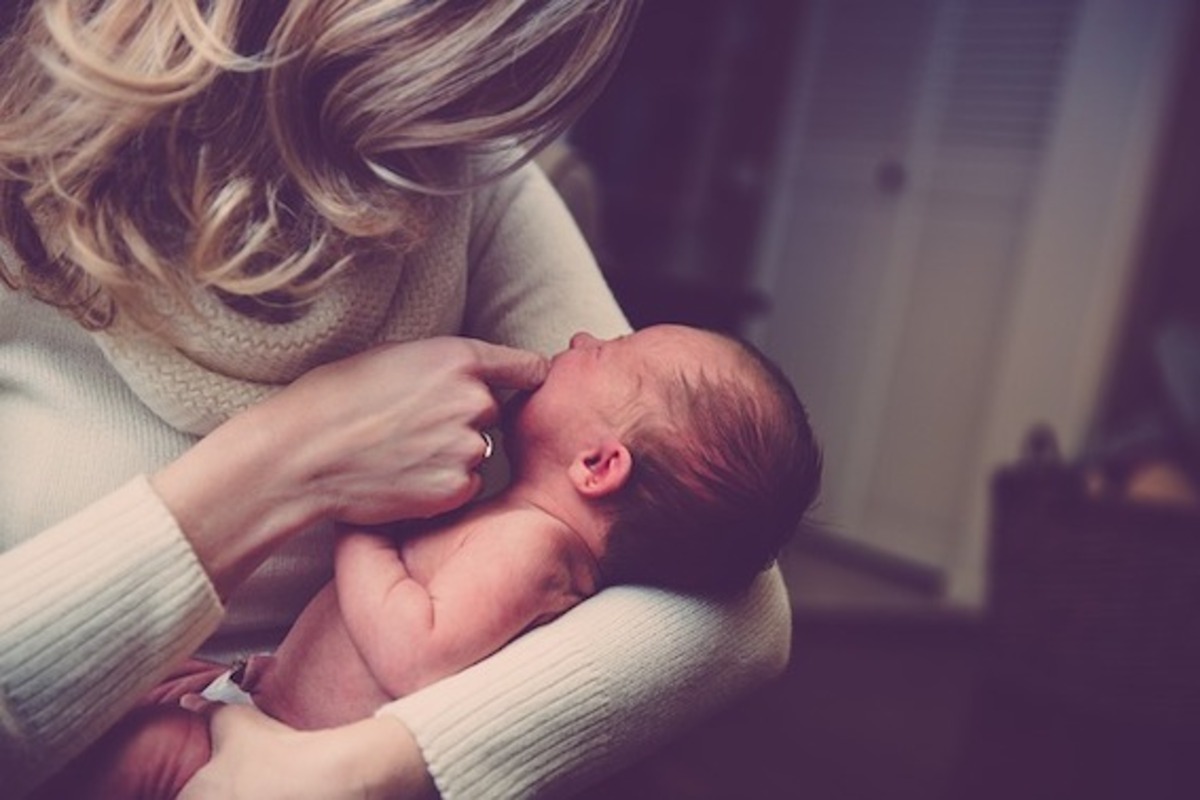Protecting babies against RSV
Staff Reporters
21 January 2025, 8:05 PM

The state and federal governments will jointly provide the new National RSV Maternal and Infant Protection Program, which aims to protect all infants from serious illness from Respiratory Syncytial Virus (RSV) this winter.
The comprehensive program consists of the maternal vaccine program using Abrysvo® vaccine and an infant immunisation monoclonal antibody program using Nirsevimab.
The state government is funding the monoclonal antibody component of the program - which will be available for infants whose mothers did not have the option to be vaccinated against RSV - from 1 April 2025 until 30 September 2025.
The antibody gives immunity for about five months, sufficient to cover the winter period when RSV infections peak.
South Australia expects a high uptake of the pregnancy vaccine, given the excellent uptake by the state’s parents for whooping cough and flu vaccine, which are also recommended during this critical period of infant development.
Vaccination during pregnancy results in the production of high levels of protective antibodies by mothers which pass to the unborn child, protecting babies from their first days of life.
Health Minister Chris Picton says RSV can be a very dangerous disease for young babies and the youngest South Australians need protection.
“Even babies whose mothers cannot be vaccinated, such as those born prematurely, can still be protected through access to the new monoclonal antibody from April.
This will mean those babies are protected ahead of winter when RSV infections are most common.
Around 700 RSV cases are reported to SA Health each week during winter, which highlights the importance of young infants getting vaccinated.
RSV infection is the most common cause of bronchiolitis and pneumonia among infants in their first year of life and can be devastating, impacting their ability to breathe and feed. It is a leading cause of hospitalisation in this age group and recovery can take many days.
Getting a vaccine in pregnancy reduces the risk of severe RSV disease in infants less than six months of age by approximately 70 per cent.
The Department of Health and Wellbeing, expects to see a massive reduction in RSV cases in young infants this year as the program is rolled out, according to Acting Chief Public Health Officer Chris Lease.
“The antenatal program is critical in passing on protective antibodies to babies in their first RSV season and reducing the risk of them acquiring what can be a life-threatening infection.
“This unique program combines maternal vaccine with a new infant monoclonal antibody, meaning that even more infants will be able to be protected.”
RSV is spread when an infected person talks, coughs or sneezes small droplets containing infectious agents into the air. The droplets may be inhaled by those nearby. Infection may be spread by contact with hands, tissues and other articles soiled by infected nose and throat discharges.
For more information about RSV symptoms, treatment and prevention, visit the SA Health website.